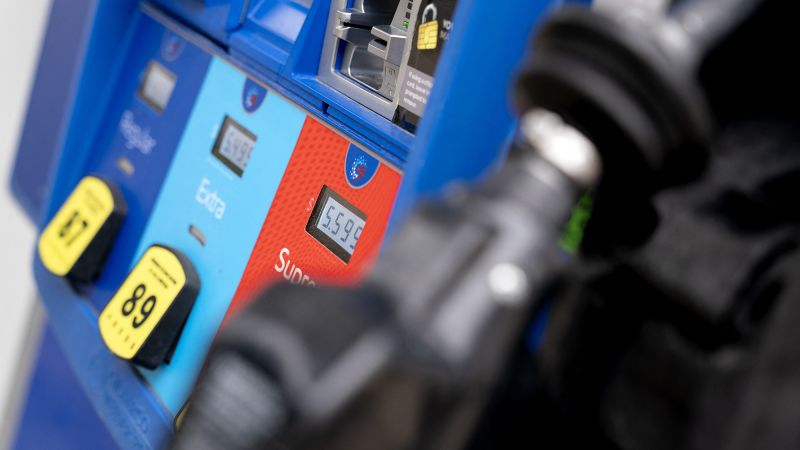Congressional Democrats are investigating whether leading US oil companies have been colluding with each other and with OPEC to inflate prices at the pump. Rep. Frank Pallone Jr., the ranking member of the House Committee on Energy and Commerce, has sent a letter demanding documents and communications from ExxonMobil, Chevron, Hess, BP America, Shell USA, Occidental, and Devon Energy. The investigation comes after allegations against Scott Sheffield, the CEO of Pioneer Natural Resources, accusing him of conspiring with OPEC and its allies to boost oil prices. Pallone is concerned that Sheffield’s actions may represent common practices in the industry and that US oil producers may be colluding with cartels to drive up energy costs.
OPEC and OPEC+ are meant to coordinate production among their members, but US oil production is supposed to be determined by the free market. Oil CEOs are not allowed to decide on production levels as it would violate federal antitrust laws that prohibit price fixing and actions that restrict competition. Pallone argues that without these protections, American consumers would be at the mercy of OPEC and OPEC+ member nations, including Russia. The investigation targets Exxon, Chevron, BP America, Hess, Shell USA, Occidental, and Devon Energy, and Pallone is demanding various documents including communications with OPEC and OPEC+ representatives and efforts to influence government to artificially limit oil production.
The FTC recently approved the sale of Pioneer to ExxonMobil for $60 billion, but under an agreement that prevents Sheffield from sitting on Exxon’s board or serving as an adviser. Sheffield was among the oil CEOs who testified before Pallone’s committee on Big Oil and gas prices. Exxon stated that the behavior described by Sheffield is inconsistent with how they conduct business, while Pioneer defended Sheffield, claiming his actions were not meant to circumvent market competition laws. Pioneer disagreed with and was surprised by the FTC’s complaint, stating that it reflects a fundamental misunderstanding of oil markets and Sheffield’s actions.
Pallone believes that US oil producers did not increase drilling during the period that Sheffield was attempting to influence his rivals, indicating that they may have been colluding with OPEC and OPEC+ to manipulate energy costs. Pallone is demanding detailed communications and documents from the oil companies involved, including records of meetings with oil cartels, internal communications regarding production, and efforts to influence government policies on oil production. The investigation aims to shed light on potential collusion within the industry and determine whether American consumers have been unfairly impacted by inflated oil prices as a result of these actions.
The companies involved in the investigation have until June 5 to respond to the committee’s demands. Pallone is adamant that if US oil companies are indeed colluding with foreign cartels to manipulate global oil markets and harm American consumers, it is crucial for both Congress and the American people to know and understand the extent of these actions. The investigation highlights concerns about the impact of potential collusion on energy costs for American consumers and the need to uphold competition laws to protect consumers from being exploited by oil producers. Pallone’s efforts to uncover potential collusion and determine the truth behind inflated oil prices offer insights into the complex dynamics within the oil industry and the regulatory measures necessary to safeguard consumer interests.


